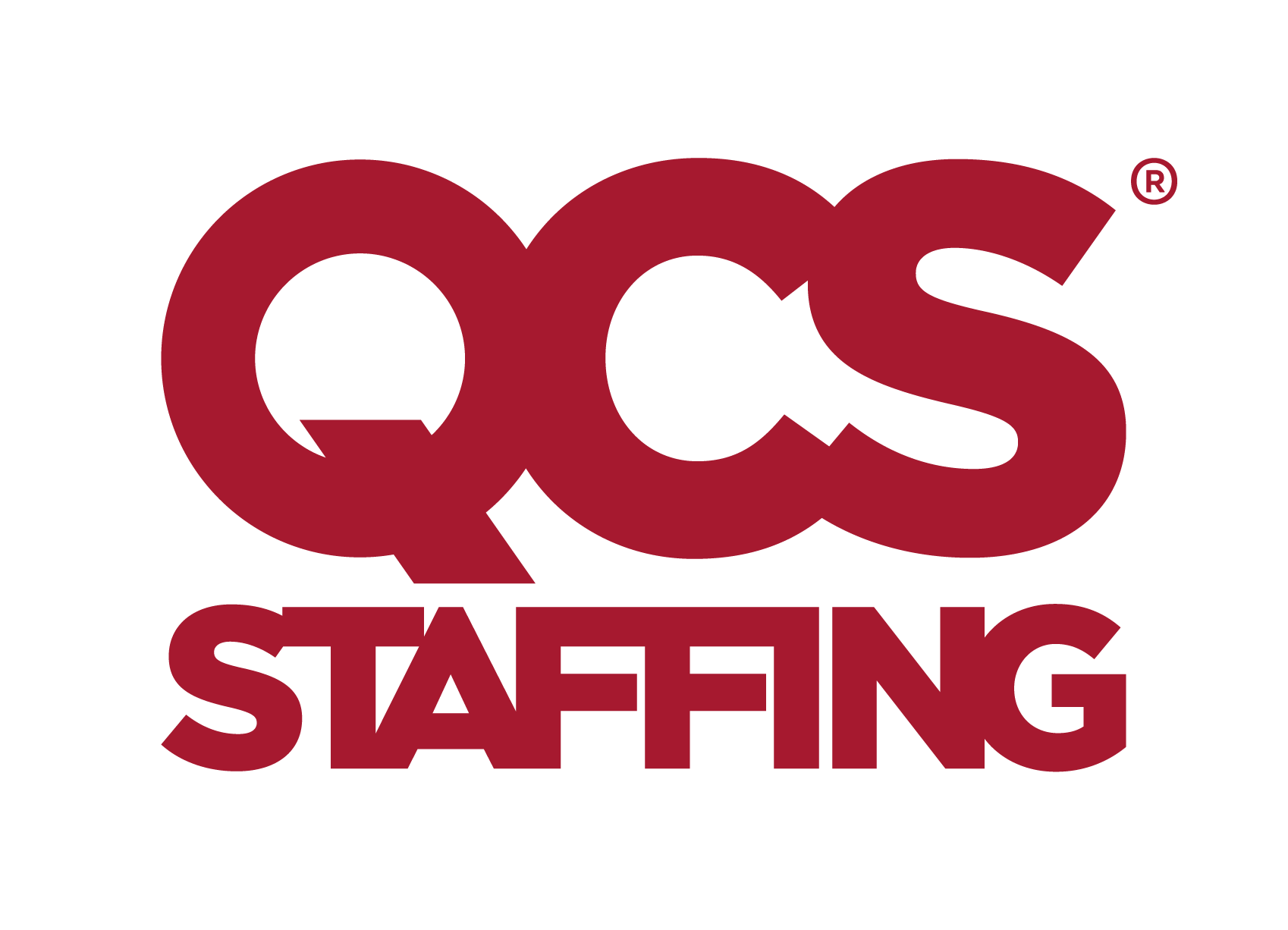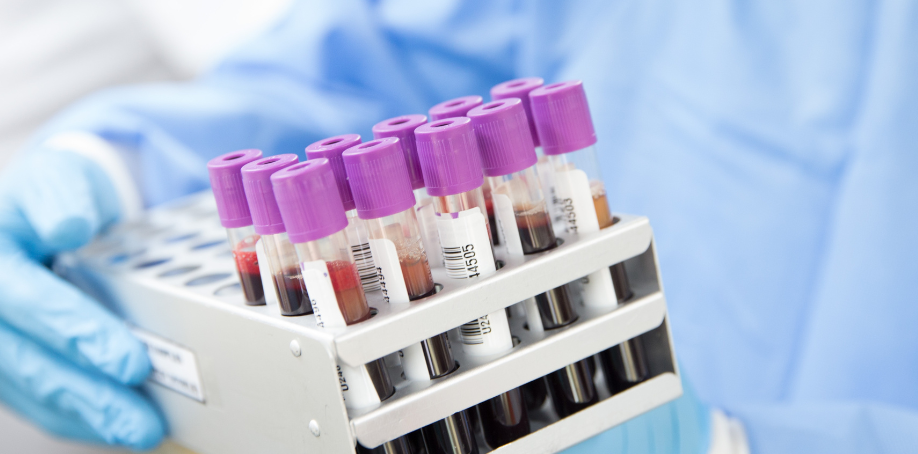Behind the Scenes in Biotech: The CQV Downstream Lead’s Impact
If you've
ever wondered what goes on behind the scenes in biotech manufacturing,
particularly when it comes to ensuring equipment and processes are up to
scratch, you're not alone. In this blog, we’re diving into the role of
the CQV Downstream Lead, a key figure in making sure everything from
purification systems to fill-finish lines are well commissioned, qualified, and
validated.
We will
explore what the job involves, why it’s so important in the biotech space, and
what skills/ experience are typically required. Whether you're considering a
move into CQV or just curious about how complex therapies make it
safely to market, this post will give you a clear picture of the downstream
lead’s responsibilities and impact.
But what is a CQV Downstream Lead?
CQV stands for Commissioning, Qualification, and Validation - a framework used to ensure that equipment and systems perform reliably and meet regulatory standards. In biotech, “downstream” refers to the latter stages of production, where the biologic product is purified, formulated, and prepared for final use.
Downstream CQV Leads are responsible for overseeing the commissioning and qualification of equipment used in these stages. This includes chromatography skids, filtration systems, buffer preparation tanks, and formulation vessels. Their work ensures that these systems operate within defined parameters and produce consistent, high-quality outputs.
The Scope of the Role
The responsibilities of a CQV Downstream Lead are broad and technically demanding. They typically include:
- Authoring and executing qualification protocols (IQ/OQ/PQ) for downstream equipment
- Reviewing and approving design documentation such as URSs, FAT/SAT reports, and P&IDs
- Collaborating with cross-functional teams including process engineering, validation, QA, and manufacturing
- Troubleshooting equipment issues and supporting deviation investigations
- Ensuring compliance with GMP, FDA, EMA, and ICH guidelines
- Preparing documentation for regulatory audits and inspections
In short, they act as the technical authority for downstream equipment, bridging the gap between engineering and quality assurance.
What skills do I need for this role?
While this role requires the usual skills such as communication, teamwork etc, the ideal candidates typically bring:
- A background in chemical engineering, biotechnology, or pharmaceutical sciences
- Hands-on experience with downstream equipment and validation protocols (can be via an internship)
- Familiarity with regulatory frameworks such as FDA, EMA, and ICH guidelines
- Strong project management and cross-functional collaboration skills
Alongside this, anyone seeking this role must have a degree in chemical engineering, biotechnology, or pharmaceutical sciences, 5–10 years’ experience in CQV within GMP-regulated environments and hands-on knowledge of downstream processing equipment and validation protocols.
Why CQV Downstream Leads Matter
As biotech companies scale up production to meet global demand, particularly in areas like monoclonal antibodies, vaccines, and cell therapies; the need for robust CQV practices becomes more pronounced. Downstream CQV Leads ensure that every piece of equipment performs reliably and consistently, reducing the risk of contamination, batch failure, or regulatory non-compliance.
Their work directly impacts:
- Product integrity – ensuring biologics meet purity and potency standards.
- Operational efficiency – minimising downtime and costly errors.
- Regulatory readiness – supporting audits and inspections with thorough documentation.
Find your next CQV role with QCS Staffing
At QCS Staffing, we understand that your career is more than just a CV. We take the time to get to know your experience, your goals, and the kind of team and environment where you’ll thrive. Whether you're looking to step into a CQV Downstream Lead role or take the next leap in your biotech journey, we’re here to connect you with opportunities that match your skills and ambitions.
Explore our live roles today and discover how you can make an impact in biotech manufacturing!






.png?v=826427c8ea626fddbf9986dd8abfe2da)
.png?v=bb5861e0dc65c63024129110486b8e2a)
